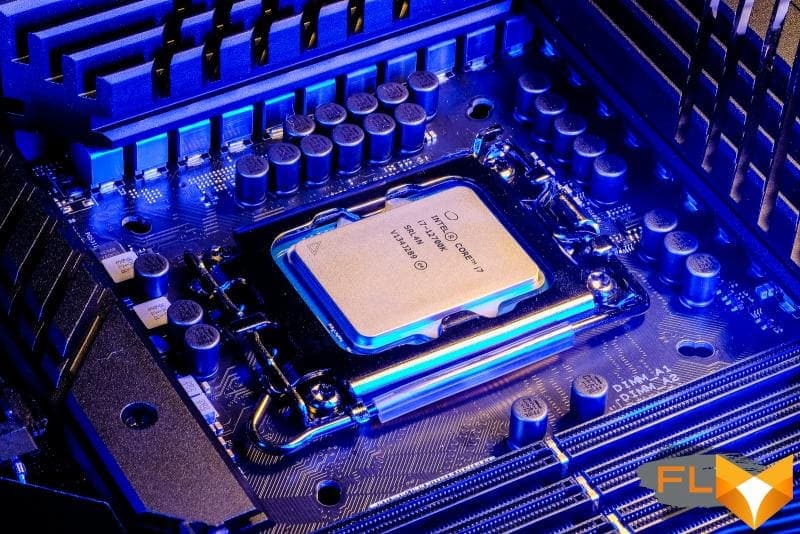Associate
- Joined
- 28 Jun 2022
- Posts
- 371
- Location
- United States
https://www.overclock.net/threads/o...and-discussion.1799628/page-252#post-29071588
https://www.reddit.com/r/intel/comments/y9z92t/comment/iwhtura/?context=3
It would not make any sense and I sure hope there is a workaround as I want 0 e-cores enabled as I purchased the Core i9 13900K to be a powerhouse 8 core 16 thread chip as Intel P cores are better performing at same clock speed than AMD Ryzen 7000 Zen 4 cores. And I hate the hybrid arch, but love the P cores Intel has.
So is there really any truth to what Falkentyne at overclock.net or what Glum-Shape-6516 says on Intel reddit in the other thread; or any possible workaround besides having to enable a stupid e-core. This is on Windows 10. I imagine maybe its only a WIN11 problem due to it being thread director aware.
https://fox-laptop.com/pc-component...es-but-without-them-everything-is-only-worse/
That link above suggests it would also be a problem because of thread director on WIN11, but WIN10 no issues as it is not thread director aware. IS there any difference with 13th gen I need to be aware of because if this is an issue and I want only 8 core 16 thread powerhouse chip, I can return it and get a 7700X. I hope I do not have to do that as Intel has better P cores, but I want no e-cores on at all.
And before anyone tells me the e-cores cause no harm on 13th, gen, that is not the question, I simply do not want them but want the 8 P cores and Intel does not sell a separate SKU with 36MB or more L3 cache with 8 well binned P cores.
https://www.reddit.com/r/intel/comments/y9z92t/comment/iwhtura/?context=3
It would not make any sense and I sure hope there is a workaround as I want 0 e-cores enabled as I purchased the Core i9 13900K to be a powerhouse 8 core 16 thread chip as Intel P cores are better performing at same clock speed than AMD Ryzen 7000 Zen 4 cores. And I hate the hybrid arch, but love the P cores Intel has.
So is there really any truth to what Falkentyne at overclock.net or what Glum-Shape-6516 says on Intel reddit in the other thread; or any possible workaround besides having to enable a stupid e-core. This is on Windows 10. I imagine maybe its only a WIN11 problem due to it being thread director aware.
https://fox-laptop.com/pc-component...es-but-without-them-everything-is-only-worse/
That link above suggests it would also be a problem because of thread director on WIN11, but WIN10 no issues as it is not thread director aware. IS there any difference with 13th gen I need to be aware of because if this is an issue and I want only 8 core 16 thread powerhouse chip, I can return it and get a 7700X. I hope I do not have to do that as Intel has better P cores, but I want no e-cores on at all.
And before anyone tells me the e-cores cause no harm on 13th, gen, that is not the question, I simply do not want them but want the 8 P cores and Intel does not sell a separate SKU with 36MB or more L3 cache with 8 well binned P cores.




